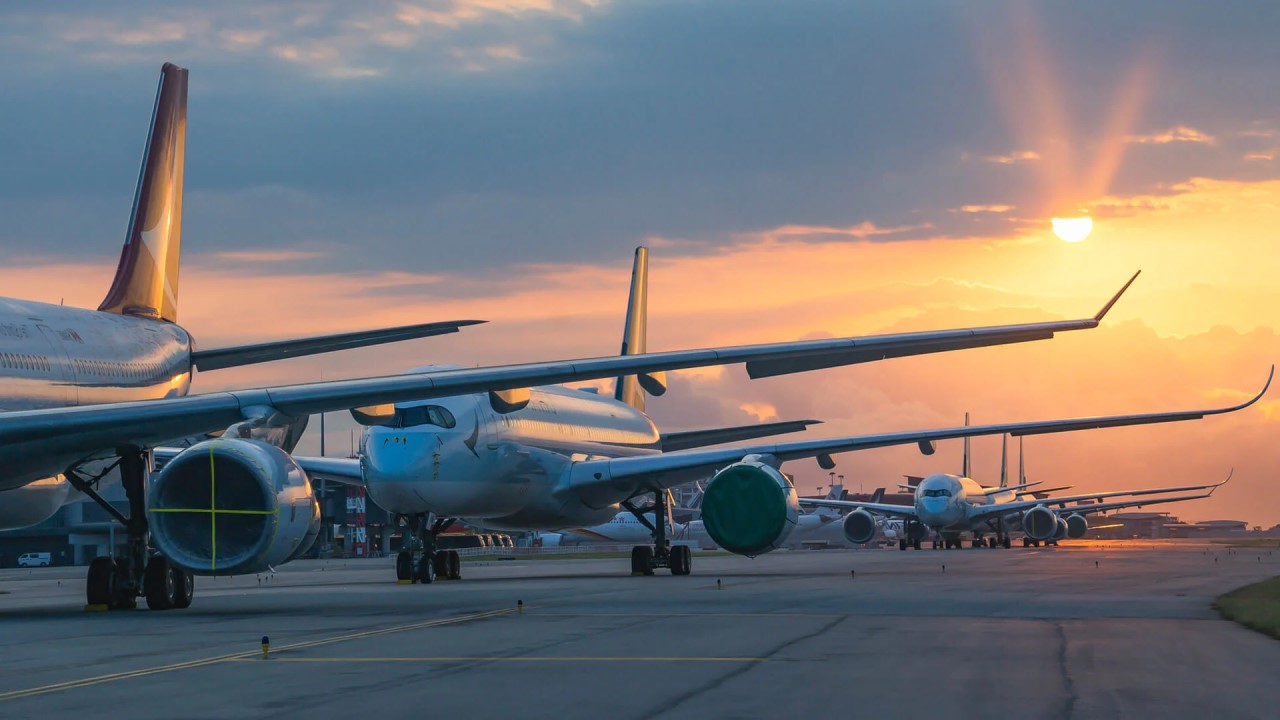
Ever wondered who keeps the skies safe and planes in check? Aviation regulatory bodies are the unsung heroes ensuring air travel remains secure and efficient. These organizations set the standards, enforce rules, and oversee everything from pilot training to aircraft maintenance. Without them, flying would be chaotic and risky. But who are these key players in aviation safety? From the Federal Aviation Administration (FAA) in the United States to the International Civil Aviation Organization (ICAO) globally, these bodies work tirelessly behind the scenes. Let's dive into 10 fascinating facts about these aviation guardians and understand their crucial roles in keeping our flights smooth and safe.
Key Takeaways:
- Aviation regulatory bodies, like ICAO and FAA, ensure the safety and efficiency of air travel by setting global standards, certifying aircraft, and overseeing pilot training.
- These organizations also prioritize passenger safety and work on sustainability initiatives, such as CORSIA and promoting sustainable aviation fuels, to reduce the environmental impact of air travel.
The Role of Aviation Regulatory Bodies
Aviation regulatory bodies play a crucial role in ensuring the safety, security, and efficiency of air travel. They establish rules, guidelines, and standards that airlines, airports, and other aviation-related entities must follow. Here are some fascinating facts about these organizations.
-
The International Civil Aviation Organization (ICAO) sets global standards for aviation safety and security. Headquartered in Montreal, Canada, ICAO works with 193 member states to develop international regulations.
-
The Federal Aviation Administration (FAA) oversees all aspects of civil aviation in the United States. Established in 1958, the FAA regulates everything from air traffic control to aircraft certification.
-
The European Union Aviation Safety Agency (EASA) ensures uniform safety standards across Europe. EASA, based in Cologne, Germany, collaborates with national aviation authorities to maintain high safety levels.
Key Responsibilities of Aviation Regulatory Bodies
These organizations have a wide range of responsibilities, from setting safety standards to certifying aircraft. Let's explore some of their key duties.
-
Aviation regulatory bodies certify new aircraft designs before they can enter service. This process involves rigorous testing and evaluation to ensure the aircraft meets safety standards.
-
They also oversee pilot training and certification. Regulatory bodies establish the requirements for pilot licenses and ensure that training programs meet these standards.
-
Air traffic control is another critical area managed by aviation regulatory bodies. They develop procedures and technologies to ensure safe and efficient air traffic management.
Ensuring Passenger Safety and Security
Passenger safety and security are top priorities for aviation regulatory bodies. They implement various measures to protect travelers and maintain public confidence in air travel.
-
Regulatory bodies enforce strict security measures at airports. These measures include passenger screening, baggage checks, and access control to secure areas.
-
They also mandate regular maintenance and inspections of aircraft. This ensures that planes remain in good condition and reduces the risk of accidents.
Environmental Impact and Sustainability
Aviation regulatory bodies are increasingly focused on reducing the environmental impact of air travel. They work on various initiatives to promote sustainability in the aviation industry.
-
ICAO has introduced the Carbon Offsetting and Reduction Scheme for International Aviation (CORSIA). This program aims to stabilize CO2 emissions from international flights at 2020 levels.
-
EASA promotes the use of sustainable aviation fuels (SAFs). These fuels can significantly reduce greenhouse gas emissions compared to traditional jet fuel.
The Final Descent
Aviation regulatory bodies play a crucial role in ensuring the safety, efficiency, and reliability of air travel. From setting standards to overseeing compliance, these organizations work tirelessly behind the scenes. They help maintain the highest levels of safety, making air travel one of the safest modes of transportation. Understanding their functions and responsibilities gives us a greater appreciation for the complex world of aviation. Next time you board a plane, remember the countless hours of work that go into making your journey safe and smooth. Whether it's the FAA, EASA, or ICAO, these bodies are the unsung heroes of the skies. So, the next time you hear about a new regulation or safety measure, you'll know it's all part of a bigger effort to keep everyone safe. Safe travels!
Frequently Asked Questions
Was this page helpful?
Our commitment to delivering trustworthy and engaging content is at the heart of what we do. Each fact on our site is contributed by real users like you, bringing a wealth of diverse insights and information. To ensure the highest standards of accuracy and reliability, our dedicated editors meticulously review each submission. This process guarantees that the facts we share are not only fascinating but also credible. Trust in our commitment to quality and authenticity as you explore and learn with us.


